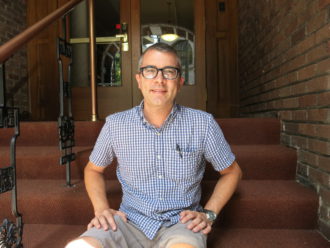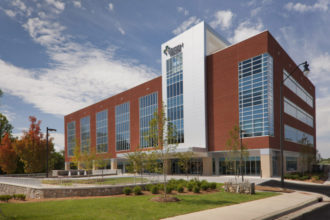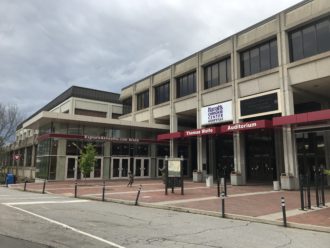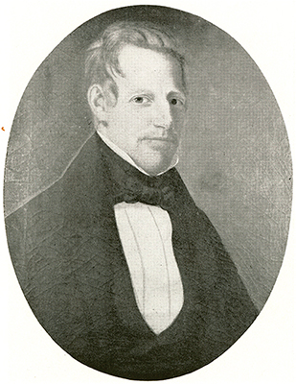Former Xpress managing editor Jon Elliston shares his recap of key developments in 2020’s local media landscape.


Former Xpress managing editor Jon Elliston shares his recap of key developments in 2020’s local media landscape.

The evangelist’s grandchildren say his son’s pro-Trump politics brings “shame.”

Years from now, the decision in 2018 by the directors of Mission Health to sell to HCA Healthcare might be seen as a brilliant strategic maneuver, one that guaranteed affordable, high-quality healthcare for future generations of western North Carolinians. This was, and still is, the position of the directors and executives who pushed the deal.

The news stunned Asheville and Western North Carolina, where Mission Health System Inc. was the area’s largest employer, its main healthcare provider, and a long-time source of civic pride. Seemingly out of the blue, Mission’s directors publicly announced on March 21, 2018, that they had voted to sell the 133-year-old nonprofit to HCA Healthcare.

Kimberlee Archie, the city’s first equity and inclusion manager, and Libby Kyles, CEO of the YWCA of Asheville, have left high-profile jobs with a mission of improving racial equity in the city within a month of each other.

In their first public face-off, the candidates vying for the increasingly competitive 11th District congressional seat, Republican Madison Cawthorn and Democrat Moe Davis, touted their differences on just about all issues and hurled accusations, with each calling the other “fast and loose” with the facts. Who was telling the truth?

Buncombe County’s Tourist Development Authority began advertising for tourists to visit Asheville again — on the same day that the county’s top public health official said coronavirus cases were “rising at an alarming rate.”

Of 911 calls and requests for assistance to the Asheville Police Department, less than 1% involve a violent crime, an AVL Watchdog analysis of police dispatch data shows. Much of the time, police are summoned to routine calls such as traffic accidents, domestic disputes and loud parties or non-violent crimes like shoplifting, trespassing and prostitution.

A bill that would have changed the distribution of Buncombe County’s controversial hotel tax to better benefit local government is likely dead until at least next year. The change would have reduced the share of room tax money to market and advertise Asheville as a tourist destination.

Vance, Patton, Woodfin, Henderson, Weaver, Chunn, Baird — their names are familiar to anyone living in Asheville and Buncombe County today. All were wealthy and influential civic leaders. They were also major slaveholders or slave traders and white supremacists.

In 2019, if you were to ask anyone what drove Asheville’s economy, they’d tell you beer, arts and crafts, outdoor recreation, hotels and restaurants. In short, tourism. Today, with those businesses only just beginning to ramp back up and tourists staying home, talk of diversifying Asheville’s economy is picking up.

African Americans in Asheville are three times more likely than white people to be searched by police in traffic stops and are disproportionately charged with common crimes such as marijuana possession in disparities that experts in police bias called shocking, an AVL Watchdog analysis of police data found.

As Mission Health begins to reopen for elective surgeries and procedures put on hold during the first wave of the ongoing pandemic, the unresolved question that roiled the community just three months ago remains: Was HCA’s purchase of Mission Health healthy for Asheville?

“It’s hard to adapt to catastrophe when your city’s income inequality is so bad it resembles a Charles Dickens novel, and narcissistic politicians perpetuate it in order to further their careers.”

“To be honest, if we don’t get the right help on our loans from our banks and lenders, we won’t be able to pay our bills and we will be in default of our loans, and that’s when it all crumbles. That is the fear. “